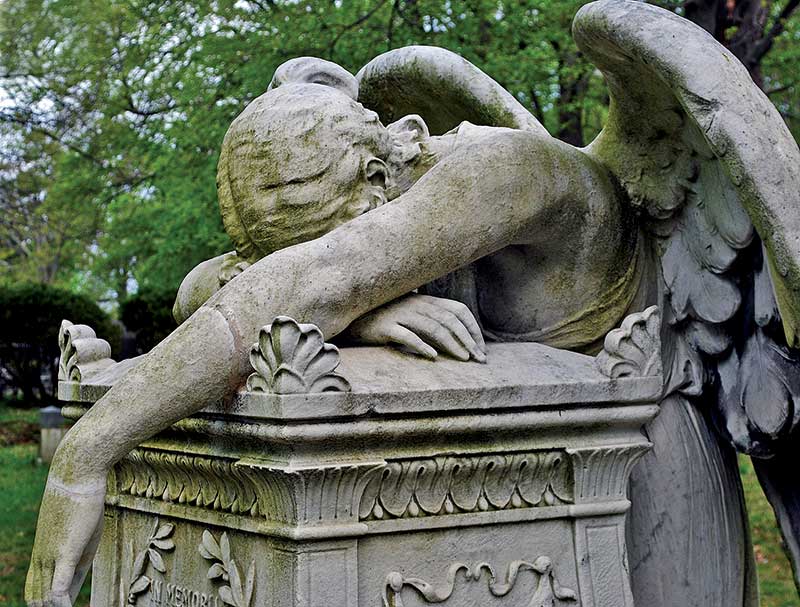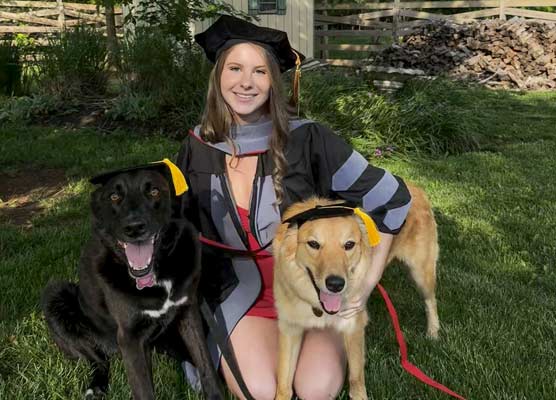A Kiss Goodbye
Call him Dan. It’s one syllable of his real name. He was an American veteran. He died in 2009, but I didn’t learn that until much later. I promised him I wouldn’t write this until after his death, and I wouldn’t name him. It’s time. I hope he got to try his experiment — and I hope he got an answer.
Dan was a paratrooper, 101st Airborne. He described himself as a “heli-borne rifle-humper,” serving two tours in Vietnam. Dan fought, survived and even thrived in combat in the Central Highlands. The 101st was the last Army division to leave Vietnam, and he was one of the last of them.
“America may have run outta fight,” he said, “But I didn’t. We won, and the politicians gave it away.” Back at Fort Campbell, Dan didn’t fit into the shrinking and demoralized Army. He mustered out as a sergeant and went abroad looking for fights. He found several, first as a contract soldier, then working for American OGA’s — “Other Governmental Agencies.” He stayed busy.
When people asked where he was from, he answered “A cliché.” As an infant a few days old he was left on the stoop of a tiny orphanage in farmlands southwest of Springfield, Ill., sleeping in a wooden crate atop some diapers. A car’s taillights were seen receding into the night, “Prob’ly headed for Route 66,” he was told. The crate bore markings from a dairy products company in Chicago, and those were the only clues he ever had to his origin. Never adopted, he was the last kid out the door when he turned 18. The orphanage closed. He joined the Army.
One Tough Soldier
Tough? He was the kind of soldier other tough soldiers pointed to and said, “That’s one tough sonuvvagun. Good man.” Physically, he appeared built from rocks and steel cable. Mentally, he was agile and adaptive. Emotionally, he was blessed with the ability to form a closed, calm bubble of concentration, undisturbed yet tactically aware while focusing on complex tasks in the midst of furious fire. I’ve seen it. I wanted to applaud, but I was, you know — busy. Dan could seem virtually pitiless and devoid of emotion, but one thing was well known: When a fight was over and young men were grievously wounded or dying, especially if calling for their mothers, he tended to them like a mother himself, holding their hands, stroking their heads, murmuring to them as they passed. They touched him, deeply. The contrast freaked some people out. Though we spent very little time operating together, we connected. He opened up.
I saw him reading a well-worn, wrinkled letter beginning “My dearest son,” and ending with something like, “Always, your loving mother.” I asked, “But you’re an orphan, right? Never knew your mother?” He smiled; said he’d fought alongside a guy who regularly received such letters from his mother. The guy would read ’em, then burn them. Dan asked if he could have one, and the guy agreed. Never having received such a letter himself, he treasured it.
Dan said he had thought and even read about the love of a mother for a son; the mystical, almost inexplicable connection between some of them. And he had never assumed his mother didn’t love him. Maybe she didn’t, but …
“What if she really, really loved me, but had to give me up? If she’s still alive, does she think about me, loves me, wishes she could make things right? If she’s gone, did she die wishing that?” Who’s to say, he said, when those boys call out for their mothers, that their moms don’t hear them? Maybe they do — and maybe they even talk back to their sons. He asked, “Ever consider that? Sometimes, when those boys are fading out, it’s like they hear their mothers and suddenly they relax, sometimes even smile — and then they pass. Who’s to say it doesn’t happen? Tell you what, Connor,” he said. “If I go down hard and I can do it, I’m gonna call out for her. She might just be waiting.”
That Last Kiss
Seriously wounded once, in a hospital, his cot was farthest in a room full of wounded-and-recovering men. It was up against a flimsy fabric curtain on a cord, separating them from a space holding several terminal cases. He called it the Waiting-To-Die Room. Other staff shunned it, only entering to briskly, brusquely check pulses and sometimes flip a sheet over a face. But one nurse on night shift went from cot to cot, sitting with each, whispering, holding their hands, sensing when they’d breathe their last — and then kissing them.
“Back to duty, Middle East,” he said. “In an empty hallway checking a status board. There was a cartoon strip pinned up. This kid was depressed about going to school or something. A little girl kissed him and he brightened up, went out the door. The little girl smiles and says We all need someone to kiss us goodbye. Damn it, Connor, I cried like a baby.” He stood, turned away, wiped his eyes. “Will she hear me? That’s what I want to know.” He walked away.
I thought of my own mother, long passed, and how many times she’d said she loved me. Yeah. We all need someone to kiss us goodbye. Connor OUT






